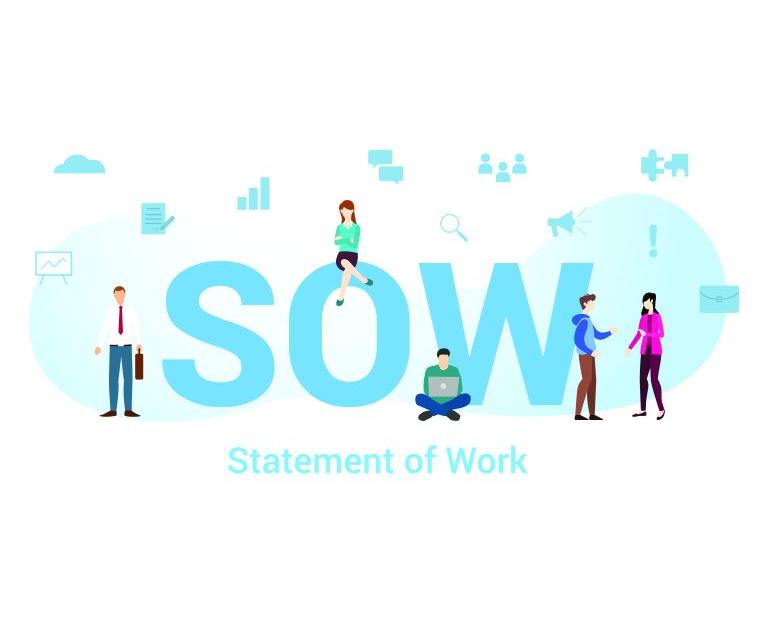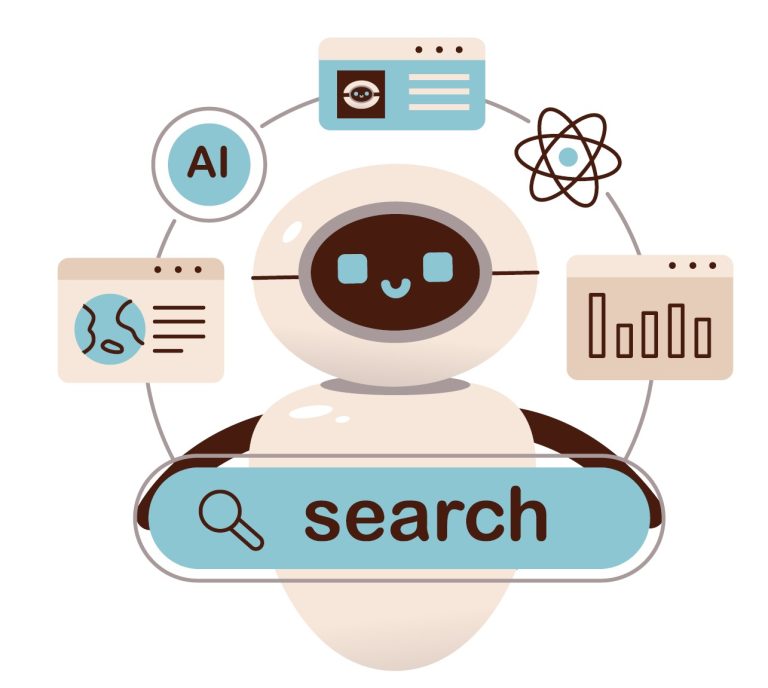By: Rick Carlson, Sales & Recruiting Management Program Director
As we welcome in 2022, we are reminded that each new year brings interesting and unique challenges. Hence the reason that the tradition of crafting “resolutions” became popular. However, keeping said resolutions is another story. But we don’t need a new year to nudge us to do what we already know to be critical to our success. Planning is one of those driving issues.
I have often said that anyone in the staffing world can come into the office early and leave late, and still not accomplish what is necessary to achieve success. That is simply because unless we plan, our time will easily be consumed by activities that help others but possibly not ourselves.
There are a lot of “activities”, but we know that only a few can set up our ability to succeed. The others are necessary but not necessarily essential. And many times, the essential ones can be more difficult to conduct, giving us the option of pushing those off to a “later” time. The unfortunate reality is that “later” never comes.
One way to help is to determine which key activities really drive our success (i.e., cold calling, setting meetings, prospecting, networking, etc.) and then time block these activities, daily, in our outlook calendars. The key is to log them into our calendars so that a reminder pops up to further push us to execute these critical activities.
When we do conduct these activities, we should shut off all other distractions – no email, no phones, no coffee breaks – just set the target and go until complete.
While multi-tasking appears impressive, it generally means many things are being done with mediocre results. And the “many things” are just distractions that keep us from the “essential” activities. Start 2022 off by planning for and conducting your success. Commit to time blocking.
Financial Impact
When we are attempting to get clients to view their hiring process from a different perspective, the financial impact of making a change can be crucial to getting them to consider and accept such change. Financial impacts of bad or poor hiring include:
- Cost per day of an open position in unrealized revenue
- Missed project completion deadlines
- Loss of top candidates to acceptance of other offers
- Lower employee productivity due to covering additional responsibilities
- Lower employee morale
- Increased overtime increasing overall project cost
- Additional turnover of employees due to additional workload
- More management time spent on interviewing candidates












